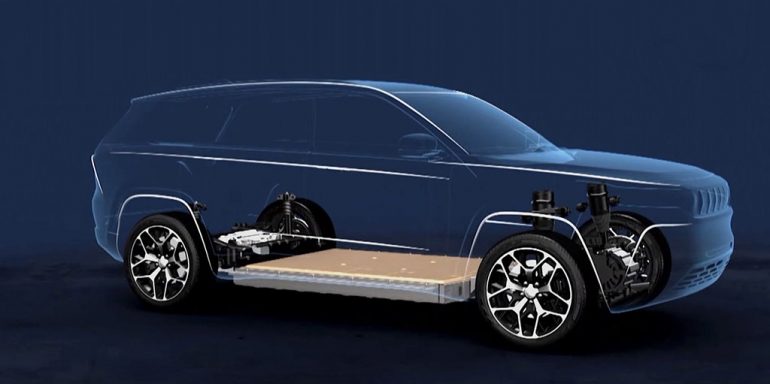
Stellantis, the world’s third-largest carmaker, has made an investment in the U.S. start-up Lyten with the goal of developing lithium-sulfur batteries for electric vehicles (EVs), as well as lightweight composites and on-board sensing solutions. This move by Stellantis, facilitated through its venture capital arm, Stellantis Ventures, is aimed at streamlining its supply chain and advancing eco-friendly technology for its battery-electric vehicles.
Lyten’s lithium-sulfur batteries stand out from traditional lithium-ion batteries as they do not rely on nickel, cobalt, or manganese. According to both companies, this alternative battery technology has the potential to reduce carbon emissions by approximately 60% compared to current batteries. Additionally, the materials used in these batteries can be sourced and produced locally in North America or Europe, enhancing regional supply sovereignty.
Also, don’t forget that you can get discounted new car pricing with a free quote through qualified local dealer partners.
The statement released by Stellantis and Lyten emphasized that their collaboration will benefit industries seeking lightweight and energy-dense batteries that are free from supply chain disruptions. Moreover, the use of Lyten’s products will enable manufacturers to leverage policy incentives, such as those provided by the U.S. Inflation Reduction Act, as well as other measures implemented in Europe.
The financial terms of the investment have not been disclosed to the public. However, Stellantis CEO Carlos Tavares expressed optimism about the potential of Lyten’s materials technology to contribute to reducing vehicle weight and further lowering carbon emissions. Stellantis has set ambitious sustainability targets, aiming to achieve carbon neutrality by 2038. By 2030, the company plans to have 100% of its European passenger car sales and 50% of its U.S. passenger car and light-duty truck sales consist of battery EVs.
Oliver Gross, Stellantis’ senior fellow for energy storage and electrification, revealed that the company expects to make Lyten’s batteries available by the second half of the decade. This development underscores Stellantis’ commitment to incorporating cutting-edge battery technologies into its EV lineup and driving the transition to a greener future.
Source: Reuters